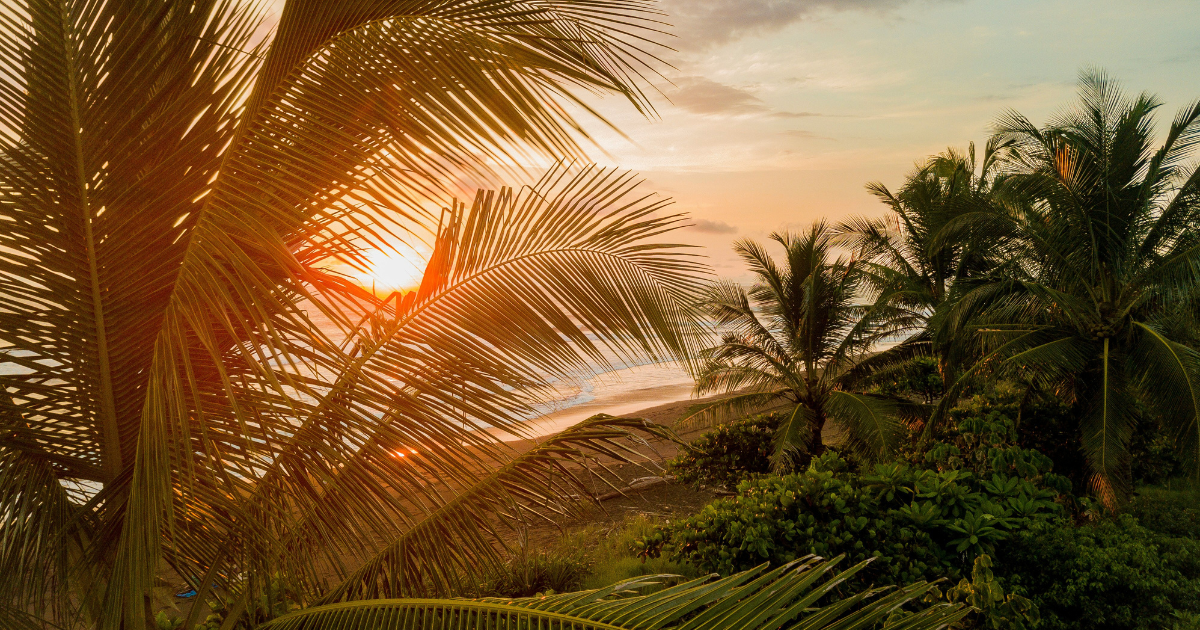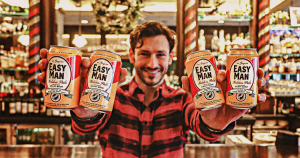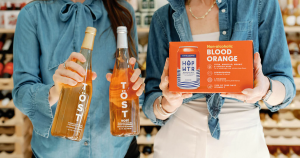Somewhere between the verdant rainforests and pristine beaches of Costa Rica, a deeper understanding of well-being and longevity flourishes, influenced by the principles observed in the world’s so-called Blue Zones.
Blue Zones are regions identified by researchers where people live exceptionally long, healthy lives. Common characteristics among these zones include a plant-based diet, regular physical activity, strong social connections, and moderate, regular alcohol consumption—summarized as “Wine at 5.” This routine involves enjoying one glass of wine, typically in a social setting, which these researchers have linked to reduced stress and increased longevity.
However, as someone who happened to eschew alcohol during my recent month in Costa Rica, I find myself questioning whether it’s the wine itself or the act of unwinding socially that contributes most to this longevity. The “Wine at 5” concept promotes moderation, yet it begs the question: could we achieve the same benefits with non-alcoholic beverages? The act of drinking, of course, extends beyond mere consumption. It’s also about camaraderie and shared experiences, regardless of what’s in your glass.
Moreover, what if “Wine at 5” actually inhibits our ability to adhere to the other principles, like exercise? I spent my month in Costa Rica sandwiching work with early morning surf sessions and sunset Imperial Ceros. Alcohol just wasn’t part of the equation. For me, it doesn’t mix with the physical demands of surfing, which aligns with what Best Day Brewing Founder Tate Huffard told me in our recent interview:
“When I rounded the corner into my thirties, I found that the hangovers were starting to get in the way of the lifestyle that I wanted to live. It became a running joke with my surfing buddies that we’d go out for beers and commit to a 6 AM paddle out at Ocean Beach—and no one would show up! That had us take stock of how we wanted to prioritize our lives.”
Tate’s words resonated with me more in Costa Rica than anywhere else. Even one glass of wine seriously hurts my sleep quality and lessens my desire to exercise the next day. So hitting pause on alcohol for the month didn’t feel like a sacrifice but rather an empowering choice. It gave me something far more valuable: the energy and motivation to practice my favorite activity with some of my closest friends.
Ultimately, the “Wine at 5” principle wasn’t something I’d noticed except on an airport advertisement the day I flew back to the United States. Costa Rica’s embodiment of “pura vida”—pure life—doesn’t exactly engender a boozy vibe, at least not in the sleepy surf towns I visited. Instead of wine, you were more likely to see a kombucha or, at most, a light beer. The availability of non-alc options I observed up and down the country’s west coast is a nod to health-conscious consumers. It’s also a testament to the growing recognition that the benefits of socializing don’t need to be tethered to alcohol content.
I’m no health researcher. That said, I suspect that the heart of longevity and wellness in Blue Zones might not lie solely in the moderate consumption of wine but in the consistent practice of connecting with others. Costa Rica’s increasing variety of beverage choices encourages us to consider that perhaps the most critical aspect is not the drink itself but the act of sharing, laughing, and unwinding together. That and peeling yourself out of bed for those 6 AM surf sessions.
For more from Victoria, connect with her on Instagram.
Dry Atlas is a media company focused on alcohol alternatives. We deliver non-alcoholic beverage news, insights, and recs to over five million people annually. To stay up to date on all things non-alc, subscribe to our weekly newsletter.






